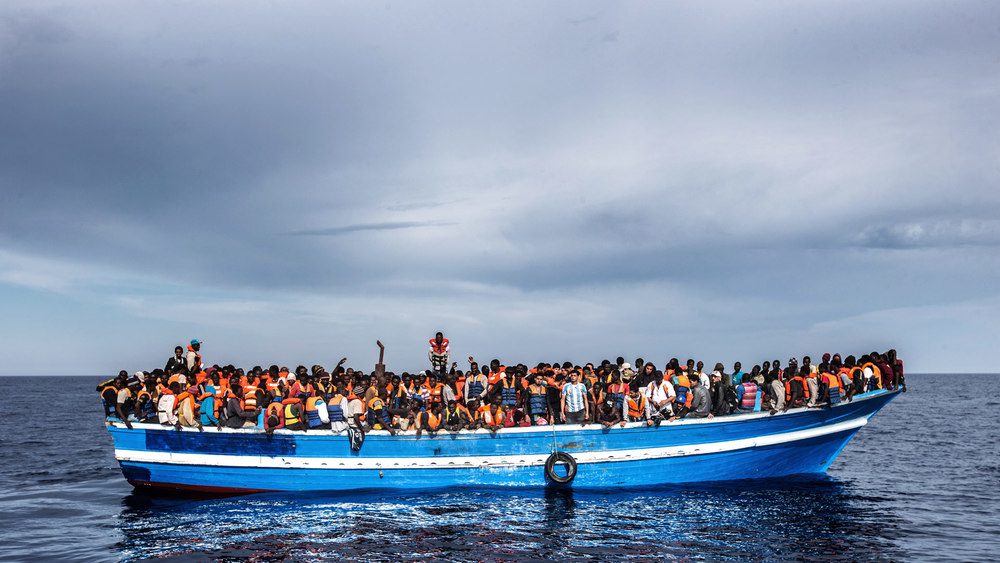Why the Migrant Crisis in the Mediterranean is Not Human Trafficking

In the mass media coverage about Europe’s migrant crisis, in which an estimated 1,850 people have lost their lives so far this year crossing the Mediterranean, fingers have been pointed at “traffickers”, accused both of amplifying both the scale of the migration flow and being responsible for the most devastating of the humanitarian consequences of the trade. This is a conceptual error.
While often aggregated and overlapping, the crimes of “human trafficking” and “smuggling of migrants” are distinct forms of organized crime. The United Nations Convention against Transnational Organized Crime (UNTOC), which has been ratified by 141 States, contains two specific protocols, one relating to each of these crimes.
Under the Protocol to UNTOC, human trafficking is defined as “the recruitment, transportation, transfer, harbouring or receipt of persons, by means of the threat or use of force or other forms of coercion, abduction, of fraud or deception” whereas smuggling of migrants is defined as “the procurement, in order to obtain, directly or indirectly, a financial or other material benefit, of the illegal entry of a person into a State Party of which the person is not a national or a permanent resident”.
In the case of illicit migration, both human smuggling and trafficking involve the recruitment, movement and delivery of migrants from a host to a destination state. Thus, there are three key distinctions between them:
- Exploitation: The criminal business of traffickers is to engage people into an ongoing situation of exploitation and profit from abusing them in forced labour or forced prostitution. By contrast, smugglers benefit from illegally moving people across borders, but once the border has been crossed, the transaction between a smuggler and a migrant ends, and the migrant is free to go.
- Consent: Migrants usually consent to being smuggled. A trafficked person usually does not consent or their consent is meaningless because they have been coerced.
- Borders: Smuggling always happens across international borders, trafficking does not. In fact trafficking does not imply any form of movement, and someone could be trafficked within their home town.
Smuggling is thus a crime against the state, involving facilitation of illegal crossing of borders for a fee. Trafficking is a crime against a person, involving the ongoing exploitation of another human being in forced labour or forced prostitution.
While it is true that smuggled migrants frequently fall victim of forced labour, and smuggling and trafficking sometimes overlap, it is important to ensure that we understand what it is that we are dealing with in order to develop appropriate responses, in line with international law.
Tuesday Reitano (Tuesday.reitano@globalinitiative.net) is the Head of the Secretariat of the Global Initiative Against Transnational Organized Crime, a network of independent experts on transnational organized crime. Tuesday has been conducting in depth research on illicit migration from Africa to Europe, and was the founding Fund Manager of the United Nations Trust Fund to Support Victims of Human Trafficking, housed within the UN Office on Drugs and Crime (UNODC).
(Photo Credit: UNHCR)
